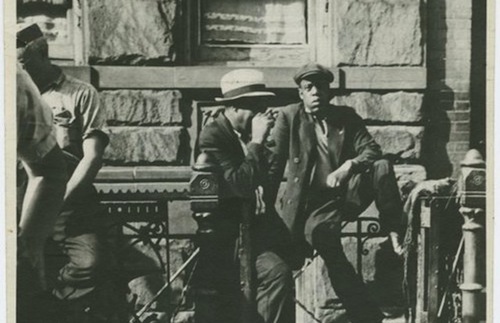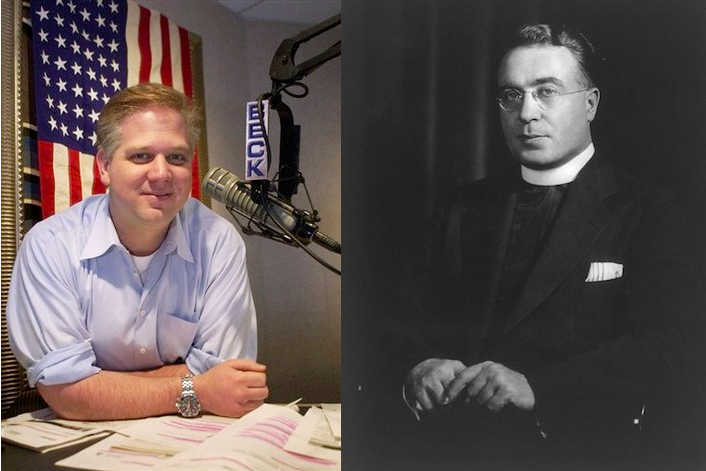httpv://www.youtube.com/watch?v=HQzDqM0XbFM
That right there is the theme song to Sarah Palin’s new show Amazing America, which presumably celebrates everything great about the United States—including, at :59, “the dogs and the horses and the trucks and the guns.” Finally, basic cable is giving dogs and horses the credit they deserve. As one commenter put it:
Speaks straight from the GUT! The way it is presented it gives us ALL a DEEP SENSE OF PRIDE! Isn’t it a gift from our God when each can take PRIDE not necessarily only from what we have done but love the PRIDE we have in sharing ALL INCLUSIVE OF EACH THAT HAS THEIR PRIDE AND SATISFACTION OF GIVING TO OUR GIFT TO AN “AMAZING AMERICA!”
Today is Friday, and it’s high time we all took pride not necessarily in doing things, but in proudly including ourselves in the satisfaction of giving our gift to America, which is us. Won’t you speak from the gut with me?




